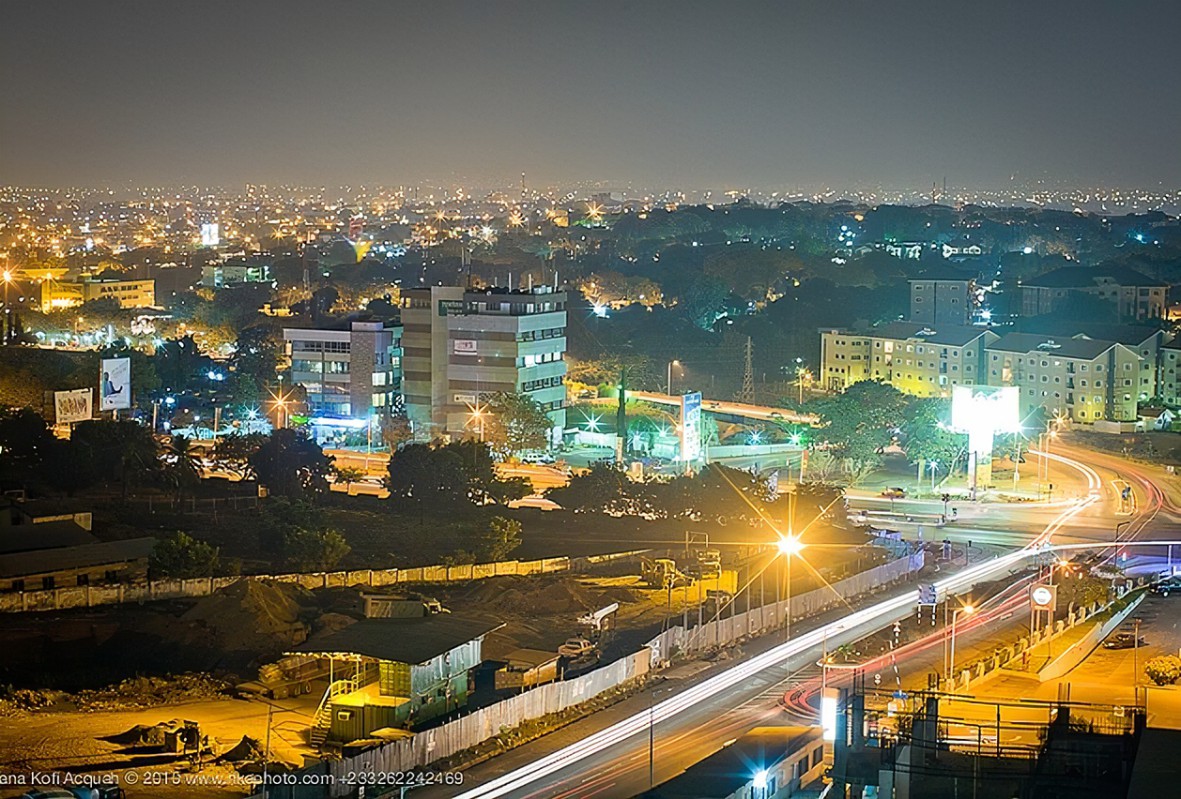Ghana, a remarkable African nation, holds the distinction of being the first Black Country to attain independence in the sub-Saharan region. Situated in West Africa, it boasts a land area of 238,540 km² (92,101 mi²) and a coastline spanning 539 km (334.9 mi). Bordered by Burkina Faso to the north, Togo to the east, Cote d'Ivoire to the west, and the Gulf of Guinea to the south, Ghana exudes geographical diversity.
With an average elevation of 190 meters above sea level, Ghana encompasses a primarily low-lying landscape. The nation's highest point is Mount Afadja, towering at 880 meters above sea level, while the presence of around 10 islands adds to its unique charm. The tropical climate in Ghana manifests itself through distinct wet and dry seasons.
Ghana is subdivided into sixteen regions, collectively housing a population of approximately 31 million people. The vibrant capital city, Accra, serves as the nation's heart. Political stability is a hallmark of Ghana's governance structure, which operates under a constitutional multi-party system.
Economically, Ghana is classified as a Low-Income Developing Country (LIDC) by the International Monetary Fund (IMF). Its Gross Domestic Product (GDP) is projected to reach 73.93 USD billion by the close of 2023. The nation's economic strength hinges on exports like petroleum, gold, cocoa beans, and timber products. The economic composition reflects a balance between private and public enterprises, with services contributing three-fifths of the GDP, agriculture one-fifth, and industry one-fourth.
Ghana has deposits of other minerals like iron, lithium, bauxite and manganese.
Security
Ghana's security landscape stands marked by its low susceptibility to terrorism. The country has not officially recorded terror attacks. However, there have been reports of terror operatives using the country as a transit zone.
Additionally, Ghana faces its own security challenges such as ethnic conflict, cybercrime, environmental security mostly linked to illegal mining activities. The potential repercussions of political instability in nearby nations pose an additional security concern for Ghana. However, the nation’s proactive approach in the form of government-led initiatives and community involvement has demonstrated a tangible impact in mitigating these challenges. The convergence of these efforts is not only fostering a more secure environment but also supports the investment climate within the country.
Verdict:
Since its independence in 1957, Ghana has emerged as a gateway to Africa, offering stability, opportunities, and growth across sectors. Its strategic location, coupled with a secure environment is good for business. However, for Ghana to experience consistent development, corruption and mismanagement need to be tackled head-on. The country has resorted to IMF packages more than a dozen and a half time since independence. Notably, however, Ghana's commitment to preserving peace and security reinforces its status as a beacon of stability in West Africa. Risk is in the higher mediums.
image: Accra at night
